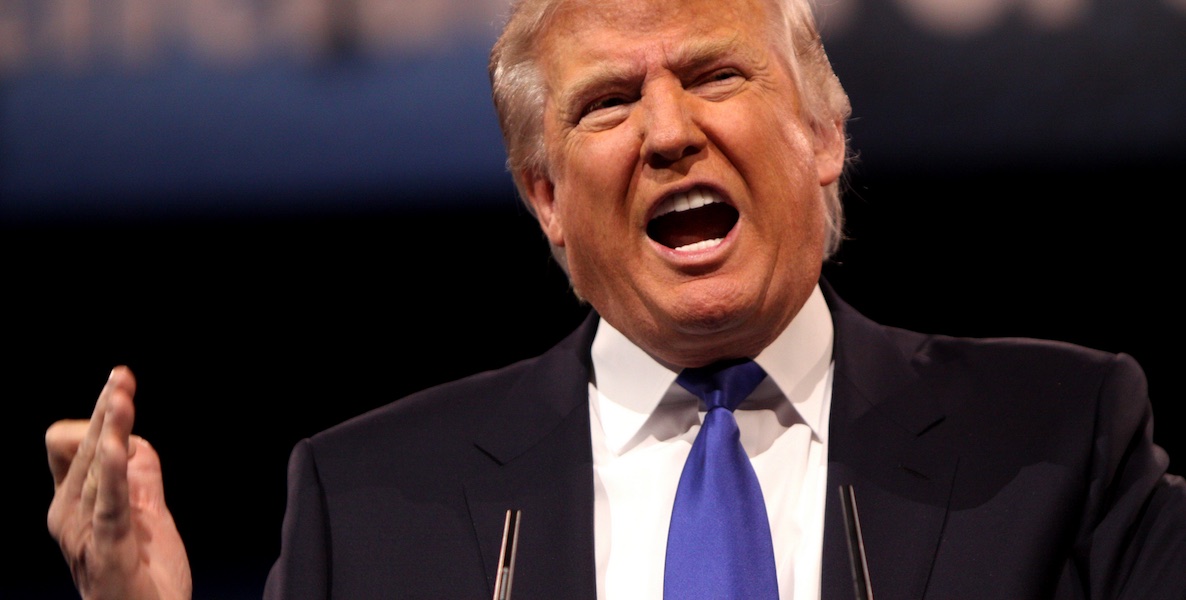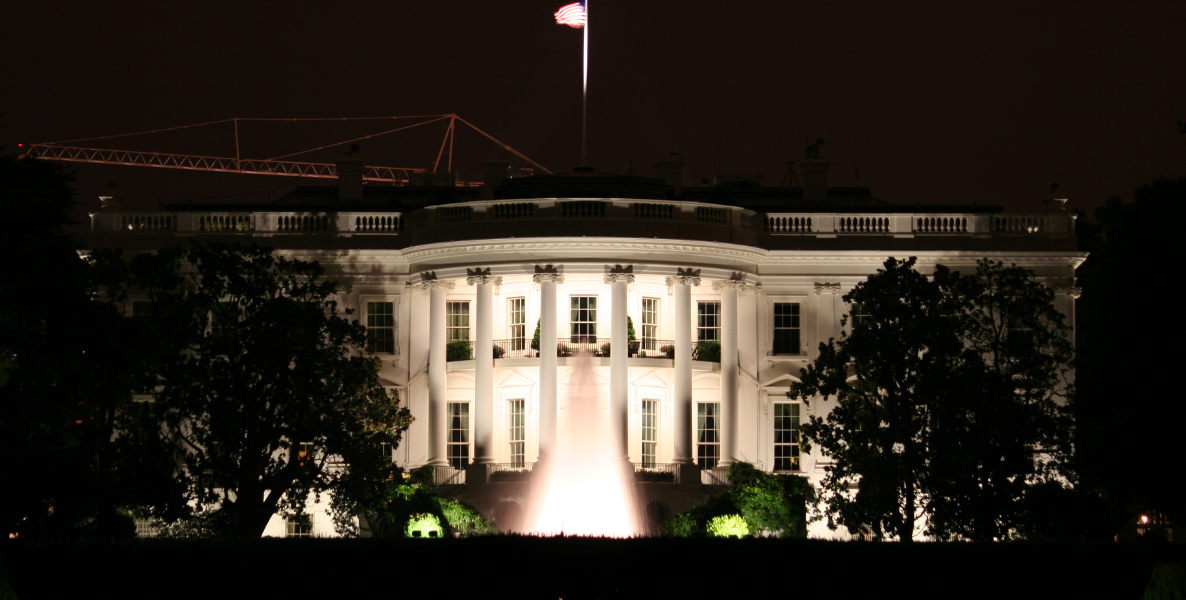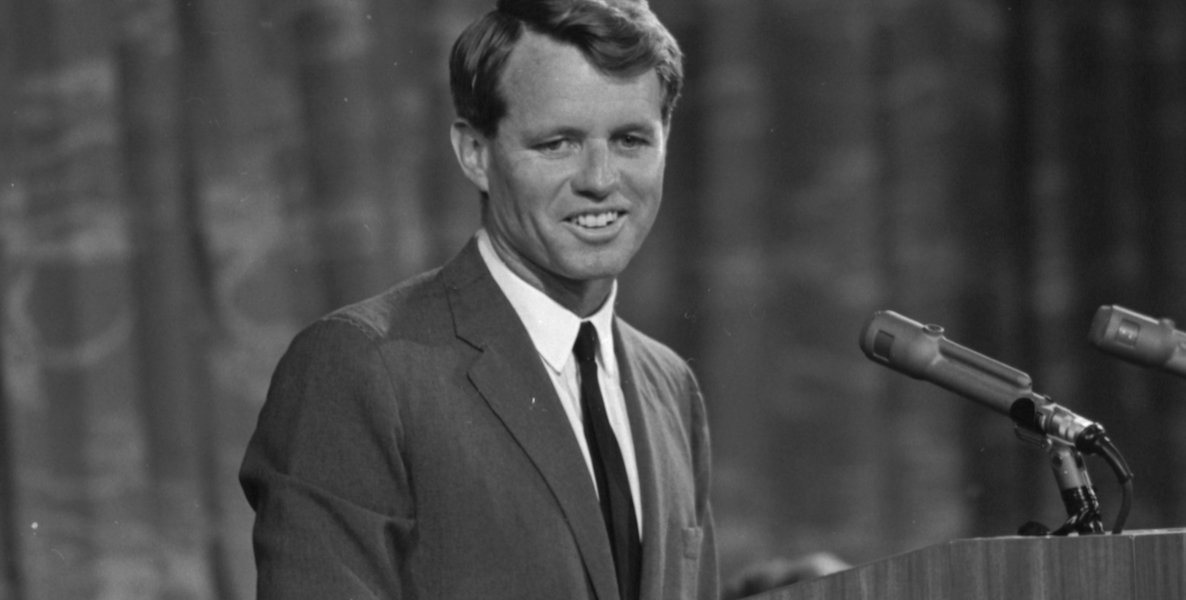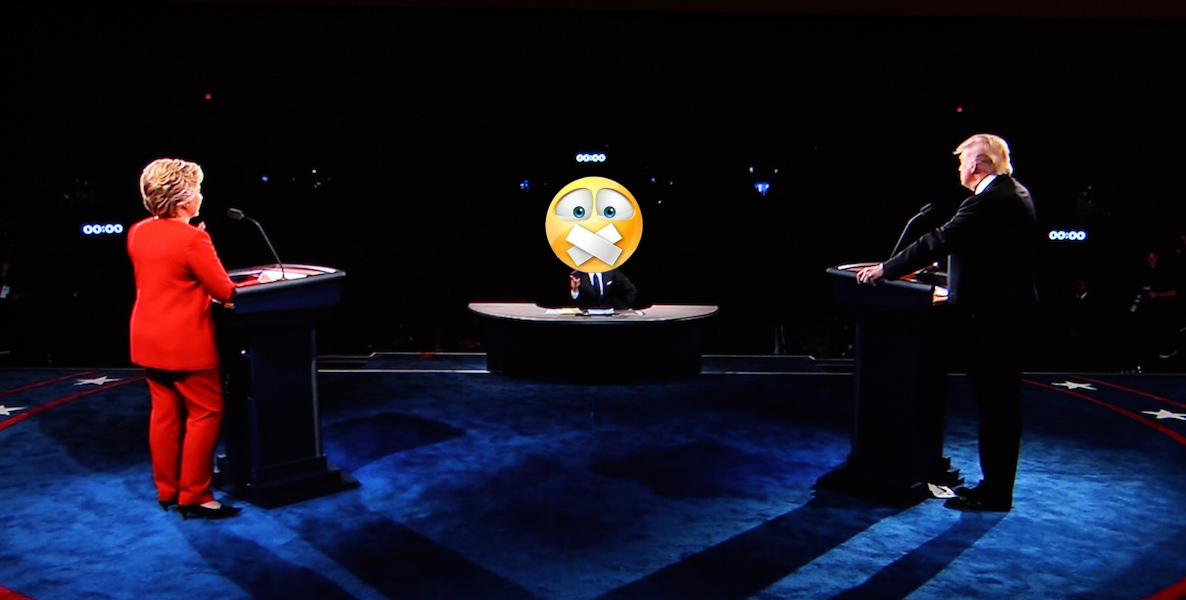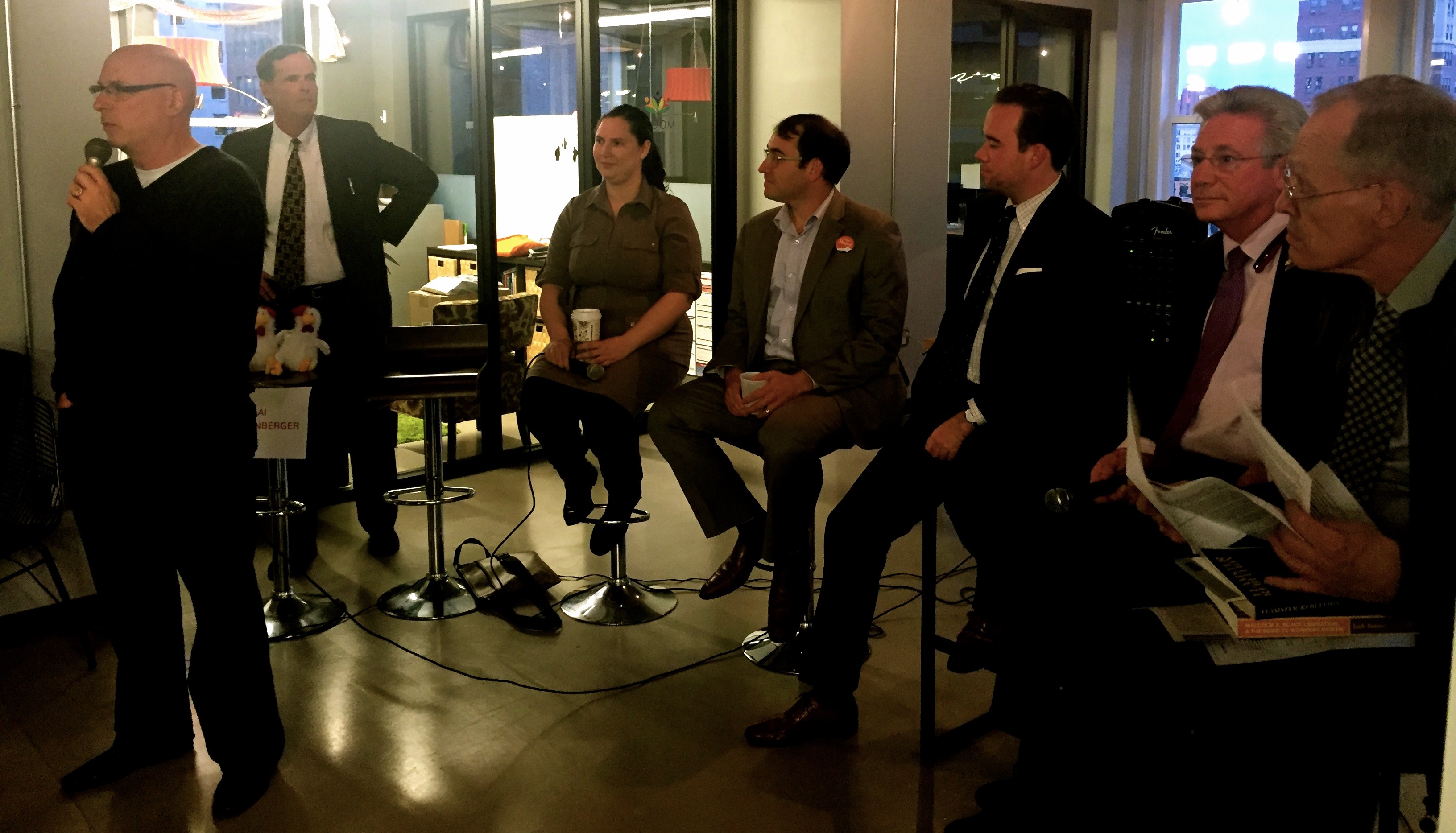During the first presidential debate, while Hillary was trying to appear like an everyday American by twice referencing her father’s drapery business and The Donald was sniffing his way through some more Rosie O’Donnell insults, the humorist Andy Borowitz posted an uproarious fake news account on newyorker.com, headlined “CNN Launches Manhunt After Lester Holt Vanishes From Debate.”
Borowitz’s satirical critique notwithstanding, it turns out that Holt’s disappearance was kind of a good thing. The more the moderator receded, the more Trump revealed himself to be the bullying embodiment of white male privilege and the more Hillary morphed into Tracy Flick, Reese Witherspoon’s uber-ambitious student body president candidate in the 1999 film, Election.
Neither candidate advanced a single interesting or surprising idea, of course; in the few instances where the conversation accidentally veered into matters of substance, we got predictably timeworn talking points about raising the minimum wage and cutting taxes. But at least Holt gave the candidates the space to unwittingly reveal some things about themselves. It reinforced for me a call I made during last year’s mayoral election: Let’s ditch debate moderators. Why not consider us—the citizens—the jury, and ask our candidates to stand before us and make a case in a kind of closing argument, rebutting one another along the way?
At our no moderator council debate last spring, the candidates were asked no questions and given no rules. Left to their own devices, they held a civil, respectful dialogue. Turns out, it was a format that exposes the unprepared and reveals who is—and who is not—constitutionally committed to the tradition of public give and take.
That’s what Abraham Lincoln and Stephen Douglas did in the summer and fall of 1858, going at it mano-a-mano in seven different cities. There were no blow-dried anchors trying to trip them up. Instead, one candidate would speak for an hour; the other would rebut for 90 minutes, and then the first speaker would get the last word for 30 minutes. Yes, there were longwinded tangents and vile name-calling. But it was also politics as real argument—not just spectacle.
We actually experimented with such a format during last year’s election. Along with Committee of 70, The Citizen hosted a “no moderator, no rules” debate among the candidates competing for City Council’s minority party seats. Two major candidates, incumbent David Oh and Al Taubenberger, perhaps intimidated by the freewheeling format, declined to participate. A third, incumbent Dennis O’Brien, came, but refused to give up the mic, was heckled by the audience, wouldn’t respond to questions from the other candidates, and then walked off the stage—twice.
But once O’Brien, who eventually lost his seat on election day, was gone from the debate, something happened. The remaining candidates—Republican Terry Tracy; Socialist John Staggs; Independent Andrew Stober; and Green Party candidate Kristin Combs—conducted a real, sober debate about the issues facing the city.
Other than concluding with a few questions from the audience, the candidates were asked no questions and given no rules. Left to their own devices, they held a civil, respectful dialogue. Turns out, it was a format that exposes the unprepared and reveals who is—and who is not—constitutionally committed to the tradition of public give and take. It was telling that those with the longest political resumes and the highest likelihood of winning were the ones most afraid of being exposed.
Holt’s disappearance was kind of a good thing. The more the moderator receded, the more Trump revealed himself to be the bullying embodiment of white male privilege and the more Hillary morphed into Tracy Flick, Reese Witherspoon’s uber-ambitious student body president candidate in the 1999 film, Election.
I’m ashamed to say I watch a lot of C-SPAN, which often broadcasts debates from the floor of the United Kingdom’s House of Commons. (Check out this one from last January, on whether to ban Donald Trump—“this ridiculous character,” one member says—from entering the country.) There’s no moderator; just smart and entertaining verbal jiu jitsu.
That’s one precedent. Another comes from our own recent history, and was touched on by Jill Lepore in her New Yorker story last month on our history of political debating and the erosion over time of authentic political argument. Lepore writes:
No moderator: Clinton vs. Brown, 1992Video
Sunday night, Clinton and Trump will square off again, this time in a town hall format, with Anderson Cooper moderating. How cool would it be if, after hearing Cooper welcome the candidates, we don’t hear from him again?
Header photo by Bill B via Flickr


